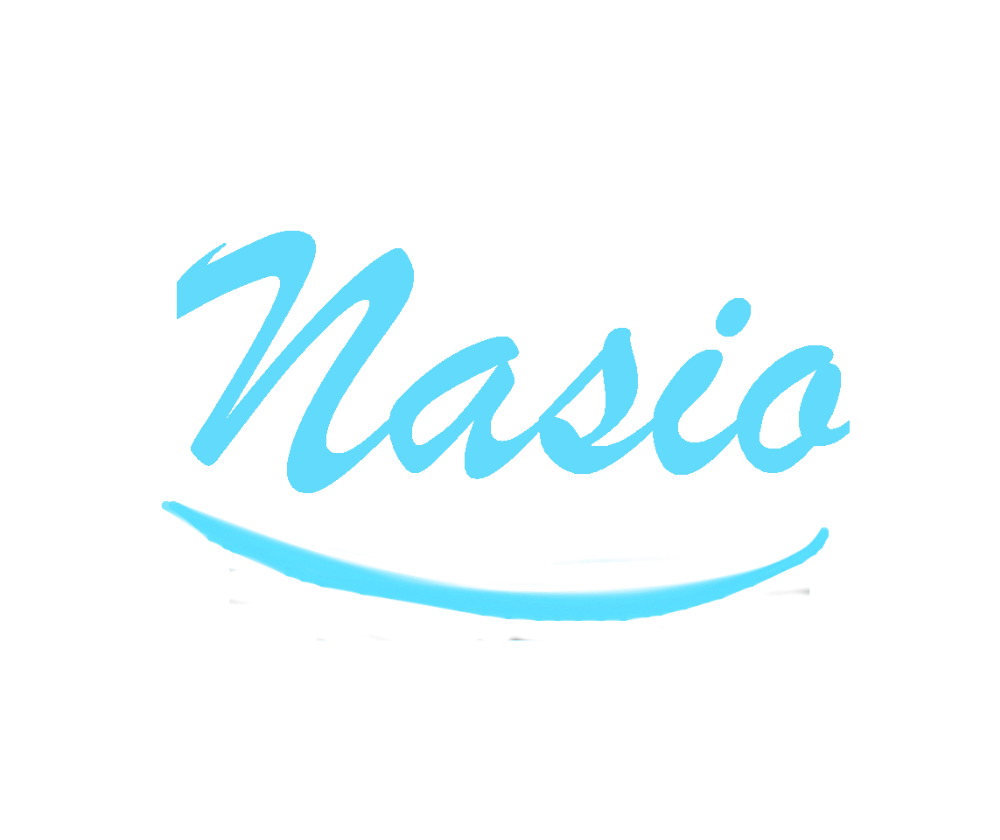LinkedIn and Its Premium Service
Does their Premium Service pass ethical muster?
Like many people, I am a member of LinkedIn. I use the service even when I have a job. It is a decent means of building and maintaining a connection. However, much like Facebook, it can turn into a bit of a popularity contest. You can also end up connected to people you don’t really know.
That is not necessarily a huge problem, however. After all, when you build a network offline, you are encouraged to meet friends of friends and expand your circle.
Everyone tells job seekers in all sorts of fields to mention their searches to anyone who will listen (and, perhaps, to those who couldn’t care less).
Experts tell you to tell your hairdresser, even if you don’t work in that field. And on and on.
Premium Service for Whom?
And LinkedIn’s got a premium service. For $29.99/month, they will toss your resume onto the top of the pile. You get a sweet little badge on your profile page, telling all and sundry that you’ve gone premium.
Of course everyone else who goes premium gets identical treatment. If you are vying for a position where there are 100 applicants, and five of them are premium, then all five of you are at the top of the heap. Furthermore, there are no gradations of quality. LinkedIn neither knows (nor cares) whether you or any of the other premium members are better qualified than the other 95 applicants.
You’re still up at the top of the stack, although of course the impact of being premium diminishes when others are, as well.
Our mission was to answer a few ethical questions about this practice.
- Does the premium service pass ethical muster? Why or why not?
Exploitation
Using the SAD (Situation, Analysis, Decision) method, the situation is, I feel, somewhat exploitative. The job seeker (often an increasingly desperate individual) is tempted to spend their limited capital on the service.
The moral agent, I feel, is LinkedIn itself. While the job seeker might be the one deciding on whether to go ahead and go premium or not, it is LinkedIn itself that has decided on pricing and on providing the service in the first place.
The service is a dubious one at best, I feel. The job seeker is pushed to get his or her resume to the top of the stack, but the reason for promoting the candidate is a financial one. It has no basis in merit at all. Such a practice preys upon a job seeker’s insecurities and desire to get something, anything to pay the bills.
- Does the employer have an ethical responsibility to prioritize LinkedIn’s premium service subscribers above other candidates? Why or why not?
The Employer’s Side
The employer has no ethical responsibility to prioritize premium service subscribers over other candidates. For the employer, if he or she knows how candidates pay for placement, then the intelligent thing to do would be to ignore stack placement in favor of other criteria, such as whether a candidate has experience in an area, or is a veteran or a disabled person that the company is looking to court
But such a practice may or may not be legal or ethical, either.
Practically speaking, though, piles of candidate resumes, much like slush piles at publishing houses, are glanced at unless the employee is really looking for something or for a certain type of someone. The fact that certain candidates are at the top might mean that they are the only candidates a rushed Hiring Manager ever sees.
LinkedIn is counting on this behavior by Hiring Managers, as are job seekers who avail themselves of the service.
- What ethical arguments could job seekers use against this LinkedIn’s practice?
Beyond the question of whether it works at all (e. g. charging for a service that does not seem as if it would work at all), a job seeker can also present an argument about exploitation. Job seekers are on fixed and unreliable incomes at best. To push for nearly $30/month for a service of dubious efficacy means that a job seeker might go without any number of necessities.
It may not seem like much, but that’s grocery money. $360/year is the cost of a decent new suit and accessories.
Social Contract
Does this situation fall under contractarian ethical theory (based upon mutual agreement)? Not exactly. The mutual agreement is skewed heavily in favor of LinkedIn, which created the ‘service’ in the first place and does not allow for negotiations on price or features. LinkedIn isn’t acting from an altruistic standpoint, either.
For LinkedIn, the situation seems to fall under utilitarianism. Because for them, it is a maximizing of benefits and a minimizing of downsides.
For the job seeker, it seems like just another way to prey on their circumstances. And without providing much of a benefit at all. Under a deontology theory in particular (act morally under all circumstances), the LinkedIn premium feature fails particularly miserably.

